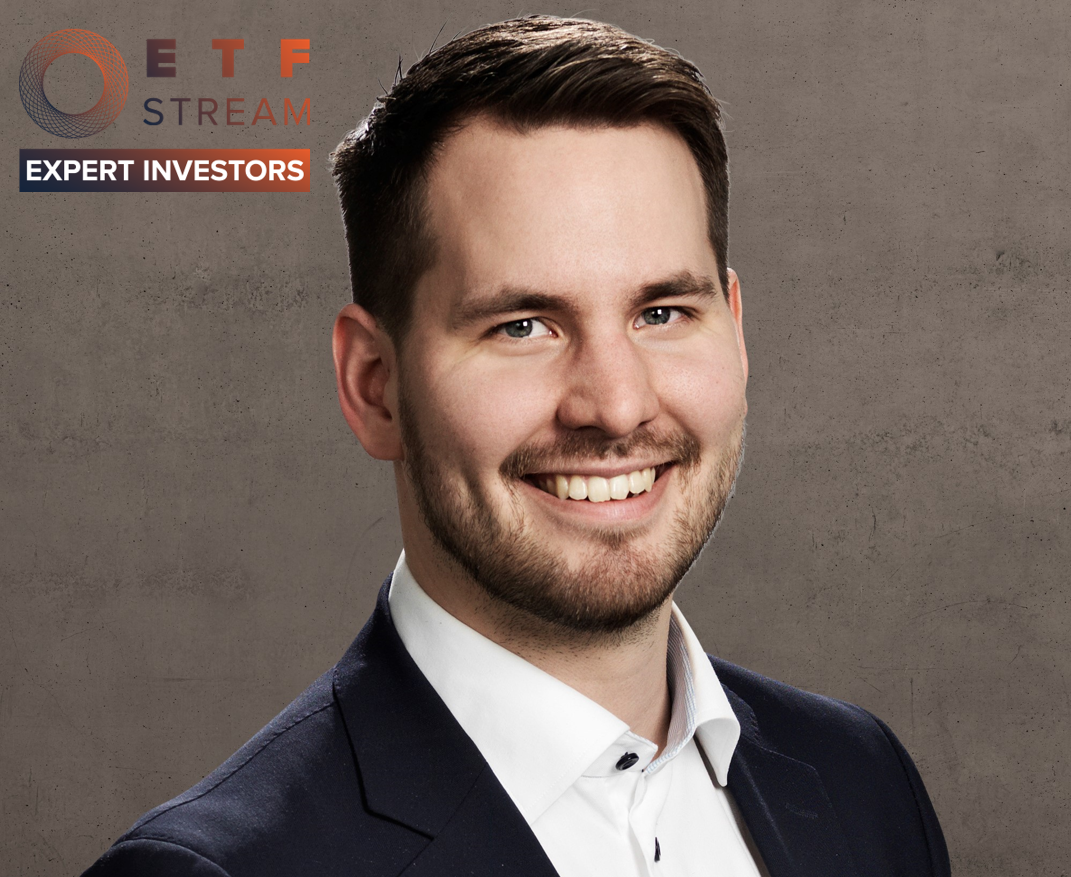Expert investors is a new series
brought to you by ETF Stream where on a fortnightly basis we interview the key individuals from across the fund selection and research space about the ETF industry.
Fund selection plays a crucial role in portfolio construction. Once the asset allocation decision has been made, these individuals need to decide how they want to be exposed, be it through a mutual fund, investment trust or ETF.
Over the years, ETFs are becoming an increasingly important part of any investors’ toolkit. This series will show how the key players across the fund selection space use ETFs in their portfolios while asking what more can be done by the ETF providers to help with this increasing adoption.
Next in the hot seat is Niko Fagernäs, portfolio manager at Finnish wealth manager Taaleri. Fagernäs has been a portfolio manager at the firm for two years where he manages the global asset allocation strategies.
How much of your portfolio is made-up of ETFs/index funds?
Our global allocation funds and mandates are 100% ETF based. On top of that, we have a series of funds that base their equity and fixed income core around an ETF allocation so within those, the weight of ETF instruments in the portfolio varies between 30 to 50%.
When did you start investing in ETFs?
Taaleri was founded in 2007 and started out by investing in ETFs. The reason to start using ETFs was to stand out with an open architecture approach as opposed to the industry standard, which can be opaque and inefficient.
In addition to that, Taaleri has always been a very active wealth management company and we felt like the liquidity that ETFs give to allocation mandates cannot be understated.
Which asset classes do you tend to invest in through ETFs?
Equities and fixed income. We have tipped our toes in investing in alternative asset classes through ETFs, but it has never been such a massive endeavour.
Which areas would you avoid?
In ETFs, if you can accept the illiquidity, I would steer away from alternatives in the form of ETFs for now.
Another area where you need to be careful is active ETFs and some smart beta ETFs if your own due diligence process is not in order because you could end up building the wrong exposure if you do not go through the underlying investments and philosophies carefully.
All of this being said, the ETF space has shown us that it has the ability to constantly improve so we have to keep an eye out for new innovations in the space.
What is your methodology for selecting ETFs?
For the selection of ETFs, we use a two-pronged method depending on whether the exposure is core or value-add.
For core, it is all about efficient tracking. What is the total cost of ownership of an ETF, how much can an ETF add value over the index its tracking/how well does it track the index, and how sustainable is that?
For core, its always been a race to the bottom in terms of cost of ownership for the end client and this is where you need to keep an eye on the space constantly.
Leadership can change quite often so for value-add investments, the process is a bit different. Here, there is often not as much competition between ETF providers as in the core ETF business.
It all starts with defining what exposures we want in the portfolio, and that flows through our investment views.
An example of this is the tech space within Europe. If I think tech is going to go well in Europe, how do I build that portfolio? There are a few products that you can mix and match to get close to the exposures you want, but often you cannot build the desired exposure with just one ETF, especially the more niche your view becomes.
The obvious addition to this is the technical screening bit, whereof all the criteria, liquidity and size is very important. You do not want to be stuck in an ETF that is too esoteric, because transactions can get a bit hairy liquidity and price-wise.
Do you have an ETF provider preference?
We are quite agnostic to the ETF provider. We look at everything quite objectively, however, it is often the biggest ETF providers that are able to provide the most efficient solutions. The providers we currently have the largest weights with are iShares and Amundi.
Expert investors is a new series brought to you by ETF Stream where on a fortnightly basis we interview the key individuals from across the fund selection and research space about the ETF industry.
To read the previous edition of Expert Investors with Weixu Yan of Close Brothers AM, click here.



